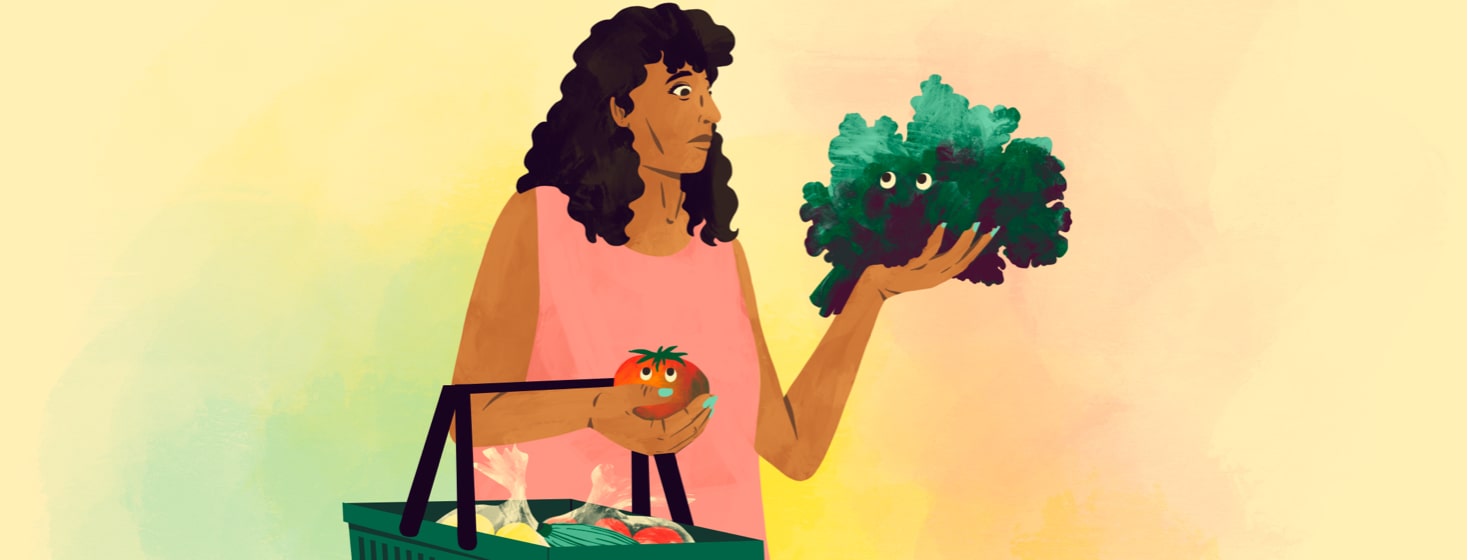IBS and Diets for Other Medical Issues Do Not Mix
I currently have an undiagnosed medical issue that may be related to the digestive system. As a result, I was told to follow a bland diet to try to help ease the symptoms. Unfortunately, this diet comes with other instructions that will most certainly lead to an increase in IBS flares.
I was also told to eat small meals several times a day rather than large meals. This means I will spend more time in the bathroom throughout the day. It also means fasting is off the table, and that eliminates my ability to have some control over flares in order to leave the house. This is going to be a nightmare.
Healthy eating is bad for me
The diet calls for a decrease in red meat and fried foods. That generally eases the amount of IBS flares for me, and I tend to avoid those items as much as possible. However, it also calls for an increase in vegetables and whole grains.
While whole grains are not a big problem for me, I know it bothers many others who have IBS. Vegetables, on the other hand, often cause flares for me. I have a small list of cooked vegetables that does not bother me if consumed in small quantities. Any raw vegetable gives me fits. Increasing just the safer vegetables will cause problems. There is no way around an increase in flares.
Weighing out treatment options
My doctor thinks I may have an issue with my gallbladder. It could also be an ulcer. Dietary changes would certainly help provide some relief for either issue. The problem is I must agitate one medical condition in order to alleviate another.
Of course, I have had other issues that required me to make decisions on which path was best for me. I have dealt with pain from a pinched nerve and could not take ibuprofen to help. I tried it once in a fit of desperation, and ibuprofen triggered my dormant IBS. It was awful. Steroids are out of the question unless absolutely necessary, so I was stuck deciding to wait it out in lieu of constant IBS pain.
Dietary changes can be disastrous
As I pondered dietary changes and weighed out the pros and cons of it, I thought about how many other issues are treated with restrictive diets. If you have IBS, you are all too familiar with following diets to try to ease symptoms. What happens when a diet calls for the consumption of trigger foods? What do you do when your diet is further restricted?
For someone with IBS, any issue with their diet is a big issue. Our diets are often problematic as we struggle to identify and eliminate trigger foods. Many of us are starving trying to do just that. When another medical issue requires diet modifications, it causes a lot of stress as we try to do as we are told and are forced to endure the consequences.
Committing to thinking about trying to change my diet
I will try to follow the prescribed diet as much as possible, but if you have IBS you already know that cravings seem to be worse when a food is forbidden. There is something about being told not to eat something that makes you want it even more. Of course, we often face this problem with IBS but it is worse when your already restricted diet is modified for another illness.
Hopefully, my diet will return to normal once my condition is diagnosed. Until then, I anticipate a lot more issues with irritable bowel syndrome. Have you ever had to change your diet for other medical conditions? How did it affect your IBS? I would love to hear about your experience.

Join the conversation